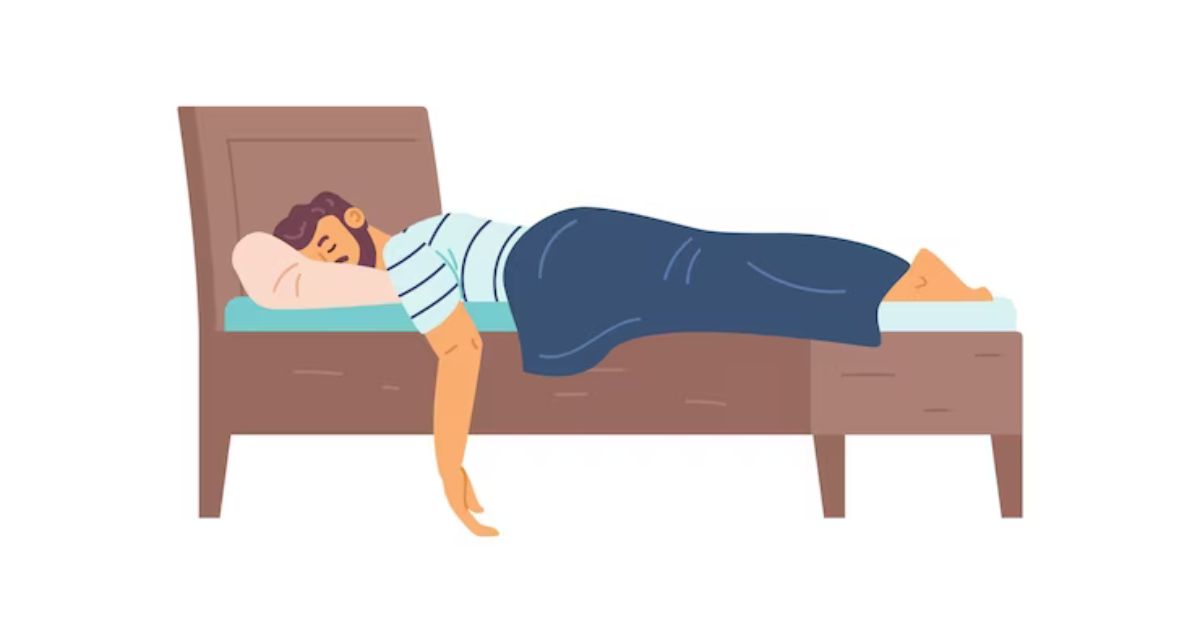Alternatives To Traditional Health Insurance Plan: Medical Cost Sharing Plans

Health insurance alternatives are keeping pace with shifting societal norms in a world where price and usability are paramount in the decision-making process.
Health insurance has increased in cost and become less suitable for the changing population. Millions of Americans lack insurance or have inadequate coverage even with the Obamacare-only Marketplace established under the Affordable Care Act.
According to research, the nation’s uninsured percentage increased slightly in the year 2019 from 10.4% to 10.9%. According to a study, about 44 million persons in the US do not have health insurance, and around 39 million do not have adequate health care. The availability of alternatives to traditional health insurance plans has been very beneficial for those who cannot afford it.
According to a study, administrative costs, which do not include the administrative costs of health care providers but instead include the cost of managing private insurance plans and public coverage programs, accounted for 8.5% of all national health expenditures in 2020, up from about 3.5% in 1970 and 7.6% in 2019.
Go To Health Insurance Options
Where may people turn if they cannot afford or are ineligible for coverage, given the rising cost of insurance and the declining number of insured persons?
It may be time to investigate some potent health insurance alternatives, regardless of whether you’re a freelancer, between jobs, conventionally employed, or an owner of a small company wishing to offer some benefits to your staff.
Ultimately, your unique scenario will determine which health insurance is best. This article focuses on a reasonable alternative to the conventional health insurance model that is worthwhile to consider.
Medical Cost-Sharing Plans
Medical cost sharing is peer-to-peer sharing of significant, unforeseen medical expenses through a community based on membership. Why does that matter? Let’s look more closely, shall we?
Who Are Medical Cost-Share Plans Suitable For?
Usually, when you sign up for a medical cost-sharing plan, you select your membership level based on how much you wish to pay out of pocket. It is your annual or initial unshareable amount (IUA), and you should think of it like a standard insurance plan’s deductible. These monies are used to pay for your personal expenses.
After choosing your IUA, you start making monthly contributions to be used by other members. Consider it to be a classic “premium,” if you will. In the event of an emergency, the community pooled cash to cover any additional costs not covered by your IUA. You must first utilize your IUA before accessing communal funds, just like a deductible.
You pay for the healthcare with the cash payment for the care using those combined funds. Medical cost-sharing plans are not insurance, but some qualify under the Affordable Care Act (ACA); just make sure the plan you’re signing up for complies with the law. These plans are a fantastic alternative to traditional health insurance since they provide better healthcare benefits at lower costs while avoiding the tax penalty for not having insurance.
Medical Cost-Sharing Plans: How Much Do They Cost?
Like with other things, the price is based on your particular circumstances. Remember that your IUA is where medical sharing arrangements begin. The initial unshared sum is typically $1,500, with monthly payments ranging from $300 to $500 for single participants, $600 to $1,000 for couples, and $900 to $5,000 for families. However, it differs depending on the chosen plan and the company.
Depending on your plan’s specifics, coverage, and access to direct primary care, monthly membership costs with 180 Healthcare can range from roughly $106 to $523. Medical costs are divided among community members in addition to the IUA and the monthly membership fees.
Medical Cost-Sharing Plans Are For Whom?
Medical sharing plans are excellent for a variety of populations, including:
- Those with a generally decent state of health
- Those who do not have regular health insurance through their employers or the government
- People who did not sign up for health insurance during open enrollment this year or who cannot pay the premiums
- Families and individuals who just require or want catastrophic insurance
- Freelancers, independent contractors, or proprietors of small businesses seeking to offer more inexpensive benefits to themselves or their staff.
Most of the time, no prerequisites or approvals are needed to join, but it is important to note that many medical cost-sharing groups have a religious foundation. While most organizations urge members to commit to leading moral and healthy lives, this does not imply that you must divulge or publicly state your religious beliefs to join. This typically means abstaining from using tobacco, alcohol, or narcotics.
What Next For You From Here?
If you’re still hesitant, consult your financial advisor for advice or talk to a friend or member of your family who may be able to offer their insight or assist you in weighing your options. People who desire affordable health insurance benefits now frequently choose medical cost-sharing plans. Nothing is more essential than your health, so it’s time to make arrangements for your family’s healthcare and overall well-being.



